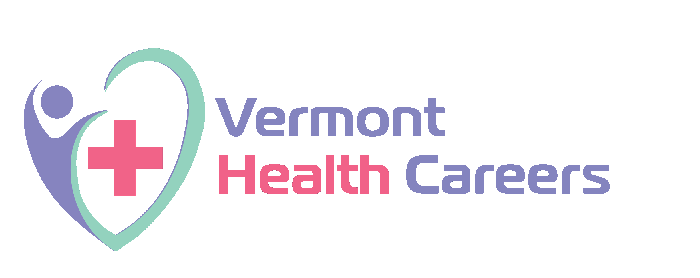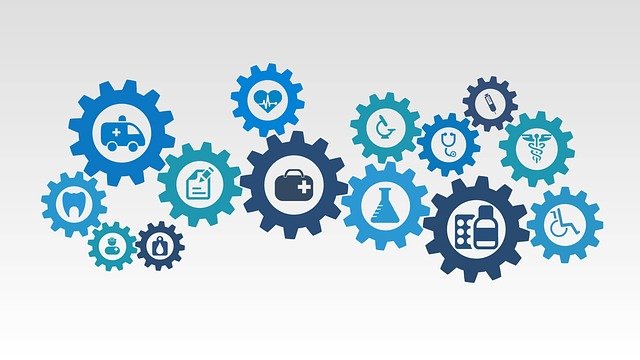Financing Your Education
Resources
Upcoming Events
How do I pay for it?
Funding for education and training programs can come in the form of:
- Grants (based on financial need, do not need to be repaid)
- Scholarships (based on need, achievement, or other factors, do not need to be repaid)
- Loans (which must be repaid)
- Work-study jobs (a student earns wages in part-time work while in school)
Some employers offer tuition reimbursement programs as an employee benefit. A healthcare employer may also offer scholarships or training programs to encourage its employees to continue their education for a critically-needed position in healthcare. (For example, see UVM Medical Center Training Programs.)
The Vermont Student Assistance Corporation (VSAC) offers information about grants, scholarships, loans, and more, as well as help applying.
Study Health Sciences in New England
Colleges may participate in the New England Board of Higher Education’s (NEBHE) Tuition Break program, formerly known as the New England Regional Student Program (RSP), which enables thousands of New England residents to enroll at out-of-state New England public colleges and universities at a discount. Students are eligible for the Tuition Break when they enroll in an approved major that is not offered by the public colleges and universities in their home state.
Grants, Scholarships, Loans, & Work Study Programs
Vermont Resources
NEBHE’s Tuition Break
The New England Board of Higher Education’s Tuition Break (formerly known as the Regional Student Program) provides New England residents with a tuition break when they study certain majors – not available at public colleges in their home state – at public colleges and universities in other New England states.
Vermont Educational Loan Repayment Program
The Vermont Educational Loan Repayment Program is funded by federal and state funds and is administered by the University of Vermont, Larner College of Medicine Office of Primary Care and Area Health Education Centers (AHEC) Program. The purpose of the program is to respond to the workforce shortage of certain health professionals in Vermont, thereby increasing access to health care for underserved populations and communities. Loan repayment is available for primary care providers, dentists, and nurses.
VT529
How to prepare for a child’s education by saving early in the VT 529 College Savings Plan (formerly known as the Vermont Higher Education Investment Plan), and other financial fitness tools.
Vermont Jump$tart
An affiliate of the National Jump$tart Coalition for Personal Finance Literacy, Vermont Jump$tart aims to improve the financial literacy of Vermont youth.
Vermont State Treasurer’s Financial Education Site
Offers tools for financial literacy and know-how in managing money.
Vermont Student Assistance Corporation (VSAC)
A public, nonprofit corporation created to help Vermonters plan and pay for education and training beyond high school.
National Resources
Federal Student Aid
Federal Student Aid, a part of the U.S. Department of Education, is the largest provider of student financial aid in the nation. The office of Federal Student Aid provides approximately $114.1 billion in grant, work-study, and loan funds each year to help students and their families pay for college or career school. Free Application for Federal Student Aid (FASFA)
G.I. Bill Website
Since 1944, the GI Bill has helped qualifying Veterans and their family members get money to cover all or some of the costs for school or training.
Health Professions Student Loans Program
The Health Resources & Services Administration offers Health Professions Student Loans to students pursuing the following degrees: Doctor of Dentistry, Bachelor or Doctor of Science in Pharmacy, Doctor of Podiatric Medicine, Doctor of Optometry, Doctor of Veterinary Medicine.
National Health Service Corps
Scholarships for current and prospective health careers students.
Nursing Scholarship Search
Search on nurse.org for available nursing scholarships.
Student Loan Borrower Assistance Project
The Student Loan Borrower Assistance Project is a program of the National Consumer Law Center. The project helps student loan borrowers understand their student loan rights and obligations.
The Go-to Guide for College Financial Aid
A comprehensive source of student financial aid information, advice, and tools.
The Project on Student Debt
The Project on Student Debt is an initiative of the Institute for College Access & Success, an independent, nonprofit research and policy organization dedicated to increasing college access, affordability, and success through improvements in student financial aid policies.
For more information, contact your regional AHEC:
Northern Vermont AHEC
www.nvtahec.org
802-748-2506
Southern Vermont AHEC
www.svtahec.org
802-885-2126






